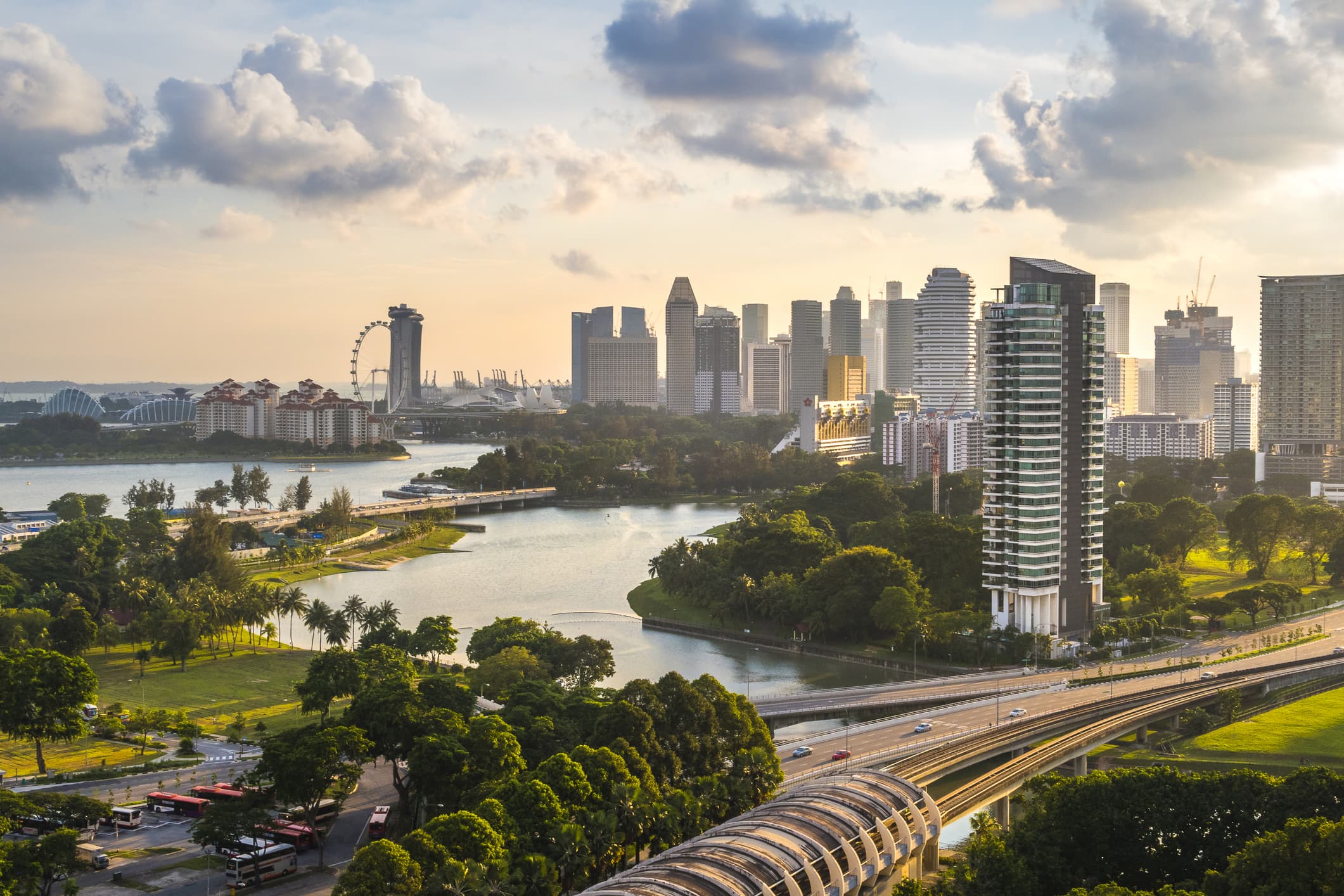Singapore says it’s ready for 2022 travel demand when it returns

There are “encouraging signs of recovery” in Singapore’s tourism sector, according to the Singapore Tourism Board.
Visitor arrivals reached 330,000 and tourism receipts reached an estimated $1.9 billion Singapore dollars ($1.4 billion) in 2021, according to data published today by the nation’s tourism board.
These numbers, however, are down from 2020, when Singapore received 2.7 million visitors, who spent nearly $4.8 billion Singapore dollars that year.
Singapore’s tourism sector recorded overall year-on-year declines in visitor numbers and tourism expenditures from 2020 to 2021, due to the “strong tourism performance in the first two months of 2020,” according to the media release.
Singapore closed its borders in March 2020 in a bid to stem the spread of Covid-19.
Acknowledging that last year’s tourism numbers represent “only a fraction of Singapore’s tourism performance prior to the pandemic,” the Singapore Tourism Board said it’s seeing positive trends such as growth in the last three quarters of 2021.
During this time, international visitor arrivals increased 221%, compared to the same timeframe in 2020.
A slow recovery
In 2021, China (88,000), India (54,000) and Indonesia (33,000) were the top source markets for international visitors to Singapore.
From January to September last year, visitors from China spent SG$432 million, those from Indonesia spent SG$127 million and Indian visitors spent SG$58 million. The numbers exclude sightseeing, entertainment and gaming, STB said.
We must anticipate setbacks and challenges even as the tourism industry recovers slowly.
Keith Tan
CEO, Singapore Tourism Board
It’s a start for Singapore’s tourism industry, which in 2019 made nearly SG$28 billion ($21 million) in tourism receipts.
“We must anticipate setbacks and challenges even as the tourism industry recovers slowly. But I am confident that the tourism industry has learnt from its experiences, and is poised to recapture demand when it returns,” Keith Tan, CEO at the Singapore Tourism Board, said in a statement.
Singapore said recently it will continue to limit the number of people who can enter the country through its quarantine-free, vaccinated travel lane arrangement. The sales of flight tickets will be capped at 50% of allocated quotas.
However, some restrictions are easing. Those who enter the country from Jan. 24 via vaccinated travel lane (VTL) flights can do unsupervised, self-administered rapid Covid tests for seven days after arrival if they intend to leave their place of residence. Submission of results is not required.
Hotels and cruises
During the pandemic, the tourism sector adapted to focus on domestic tourism, through initiatives such as the SingapoRediscovers campaign and the SingapoRediscovers Vouchers scheme. Both were launched in 2020 and were aimed at encouraging Singaporeans and residents to spend on hotels and attractions.
Several new hotels opened in 2021, including The Clan, Duxton Reserve and Oasia Resort Sentosa. The average occupancy rate for Singapore hotels last year was 56% — lower by 1% from 2020 which had the benefit of two months of tourists before borders were closed.
Singapore Airlines crew members and travelers at the transit hall of Changi Airport in Singapore on Jan. 14, 2021.
Roslan Rahman | AFP | Getty Images
The cruise industry also “rebounded strongly,” according to the tourism board, due to the popularity of so-called “cruises-to-nowhere” which started in late 2020.
“The introduction of various travel arrangements, such as Vaccinated Travel Lanes (VTLs), has encouraged the gradual return of international travelers. Domestic consumption has also been strong, as the tourism sector pivoted to develop new and innovative experiences for locals,” the tourism board said.
To prepare for a full recovery, Singapore is also launching a “Tourism Careers Hub” in 2022 to train and update skills for tourism workers and businesses, as well as those interested in getting into the industry, according to STB.
— CNBC’s Abigail Ng contributed to this report.




